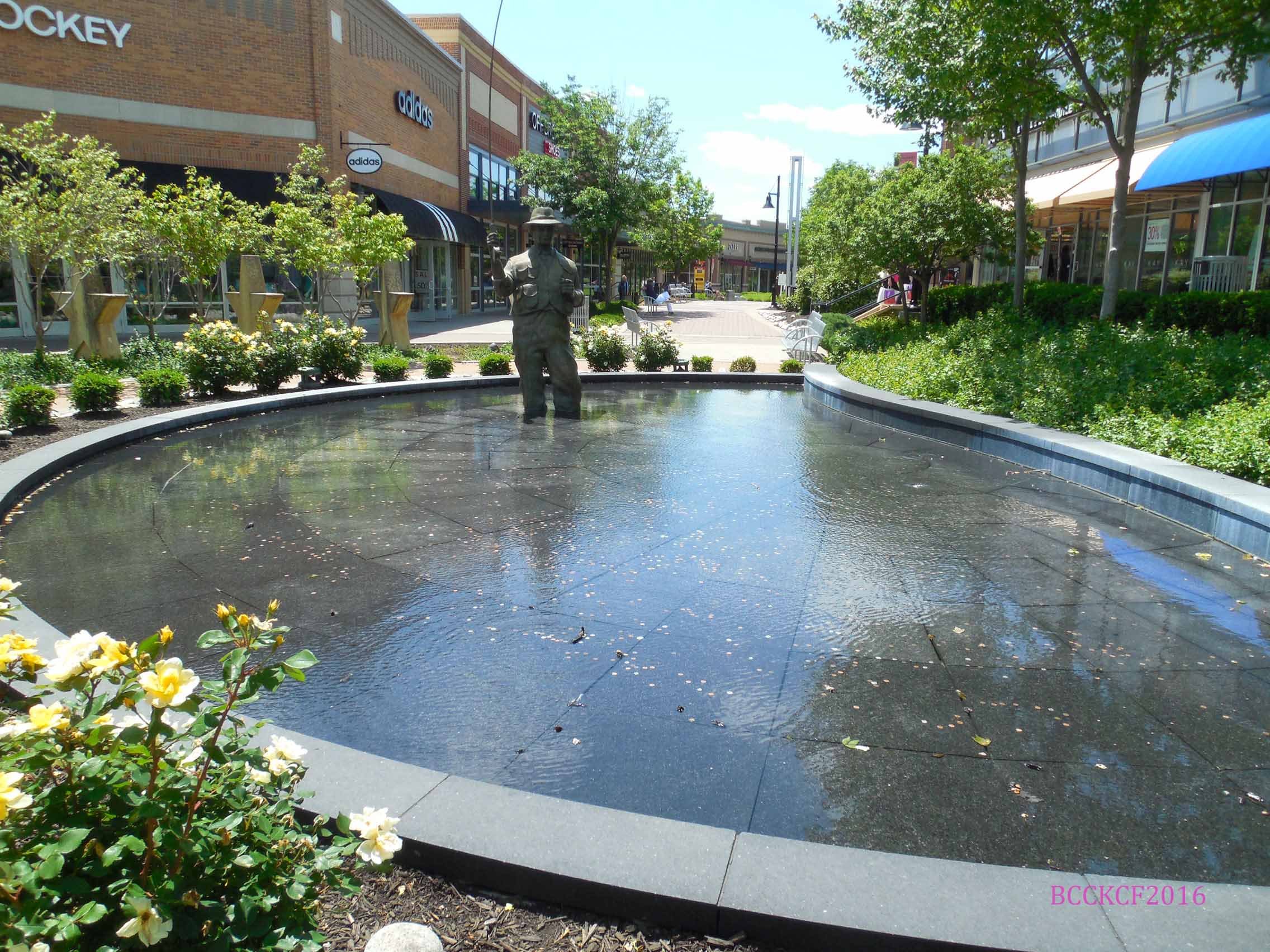My cousin is a Jehovah’s Witness. She and I had a conversation a while back. I asked her, “When Jesus said that he had given his disciples God’s name, what name did he mean?”
“Jehovah.” was her unhesitating response.
Then I asked her where in the Gospels do we find an instance of Jesus ever calling God, “Jehovah.” She didn’t have an answer. Jesus had his own name for God which he taught his disciples to use as well. Know what it is?
I will remain in the world no longer, but they are still in the world, and I am coming to you. Holy Father, protect them by the power of your name, the name you gave me, so that they may be one as we are one. (John 17:11)
The Hebrew scriptures speak from time to time of the LORD as being like a father to his people, but no one used, “Holy Father,” in the vocative tense to call on God. Only Jesus, the eternal Son, could so refer to God. That is, until by his death and resurrection, he paid our adoption fee.
The name, “Father,” when applied to God holds tremendous power regardless of the language we speak. Those who call God by this name can count on his protection, provision, guidance and correction. The children of God can live victorious, though persecuted, in the midst of a wicked society.
The name Christ has given us to call God by speaks of relationship. The power comes not from phonemes, but from our access in Christ to the Father by one Spirit (see Ephesians 2:18). If it were any other way, God would be reduced to some sort of impersonal force required to respond to properly pronounced incantation.
When we call God, “Father,” we proclaim gospel theology.
Fathers, especially adoptive ones, initiate the relationship with their children apart from any effort or work on their part. Children can be proud of their father, but they can’t boast in their own merit at achieving a place as his child.
Fathers want to give gifts to their children. We can come boldly to God to ask for small things as well as big things.
Fathers seek the best for their children, but children must trust that this is so in order to benefit from that good will. This is why everything in our relationship with God must come from and operate on faith.
Fathers discipline wayward children for their benefit even though it isn’t pleasant for either party. There is a severe side to God as Father, but always for our good.
Every father’s ultimate goal is to develop mature offspring who reflect their character but also stand as full fledged individuals. God commands us to live free.
These facets of our understanding of God can seem to contradict, but they harmonize completely in God’s nature as Father. By holding all of these dimensions of the name, “Father,” in tension, we will be protected not only from external harm, but also from destructive ideas about God in our own minds. We will truly be kept in his name.


